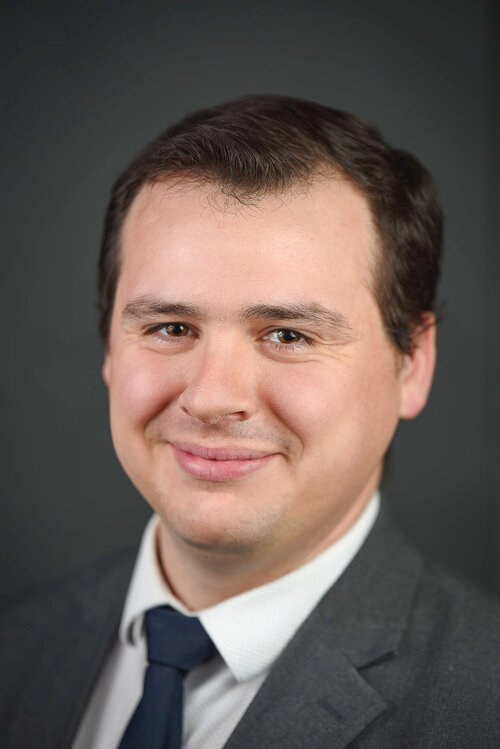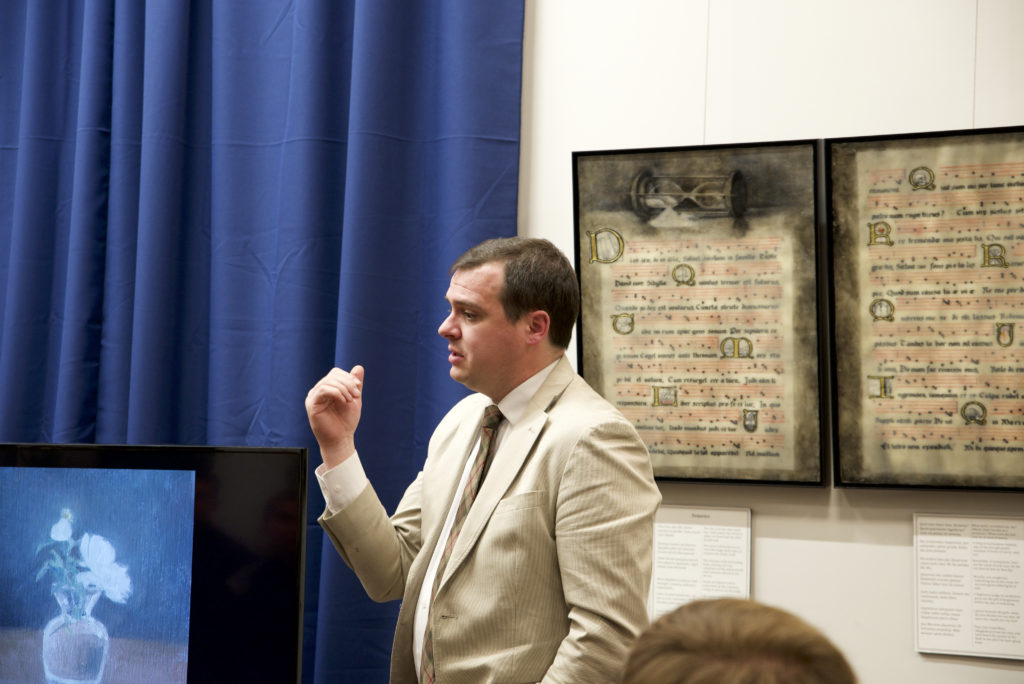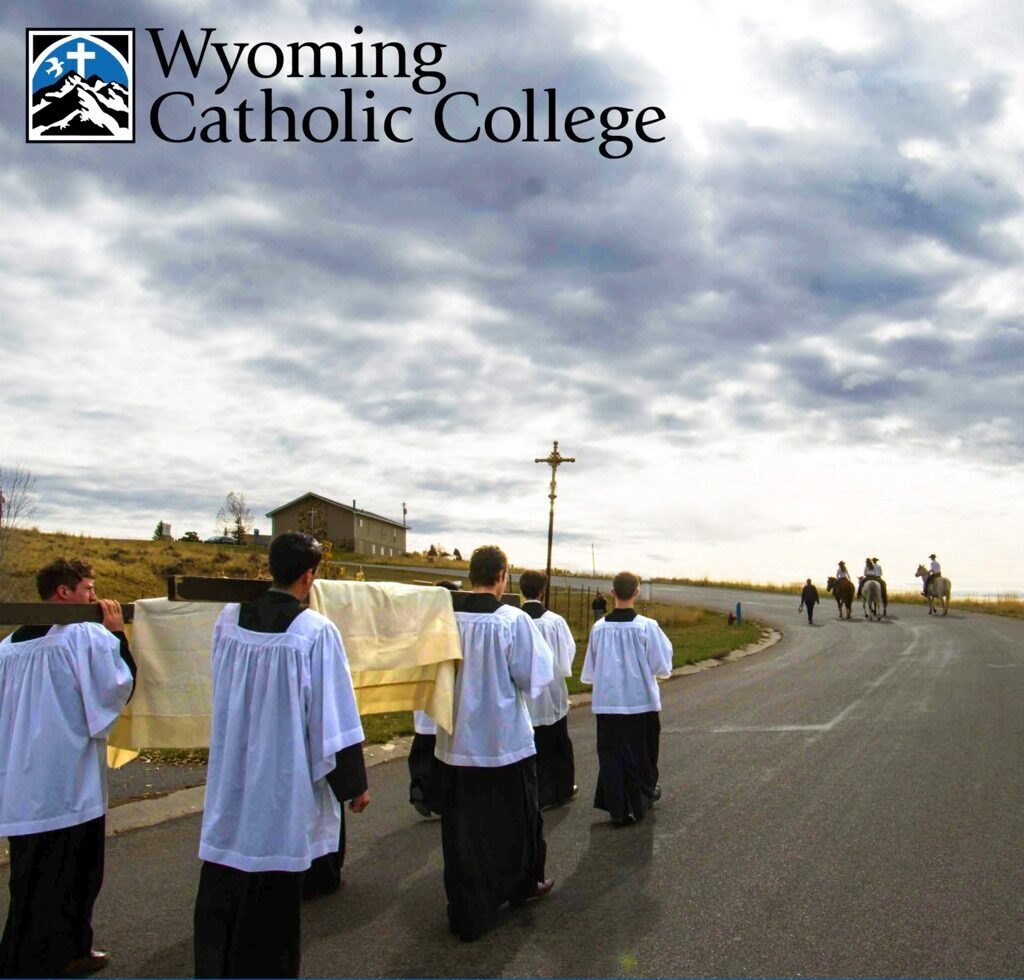
Dr. James DeMasi
Executive Director, Beatrice Institute
After graduating from Wyoming Catholic College in 2012, I worked for two years in Lander in the pesticide business, eventually becoming the Supervisor for the Weed and Pest Department for the City of Lander. During the slower winter months, I began reading All the Kings Men by Robert Penn Warren (as a break from reports on the effects of Zenivex on adult mosquito nervous systems) and I was deeply moved by that book. But I didn’t know how to talk about it; I couldn’t explain to people why I liked it so much, and I myself didn’t know why I liked it so much.
So I applied to graduate school. I applied to a number of politics programs, because I wanted to understand demagoguery and rhetoric. And I applied to one literature program: University of Dallas, where I hoped to learn more about Southern Agrarian literature. I got into the latter. I spent seven years in graduate school earning a Ph.D. in Literature, with a focus on Shakespeare. I still love Robert Penn Warren’s masterpiece, but it was Shakespeare’s interest in langue and the way language shapes our conceptions—limits our conceptions of the world, ourselves, each other, and God—that drew me into Renaissance Studies. I focused on Shakespeare’s comedies and the gestures that make human flourishing possible.
After graduate school, I immediately went to go work for Beatrice Institute in Pittsburgh. Beatrice Institute is an ecumenical learning and research community that provides high-level academic inquiry into the Christian tradition. We are not a ministry, although we work closely with Christian ministries at the University of Pittsburgh and Carnegie Mellon University. My time at WCC—my deep dive into Thomistic theology and philosophy, my acquaintance with the Church Fathers, and my general integration of disciplines—has prepared me to develop and teach across Beatrice’s Institute’s curriculum. I routinely return the kind of discipline-integration that Wyoming Catholic College emphasized in my own own approach to giving students an introduction to the Christian idiom.
Judiann (nee Dalimata, ’11) and I raise our five sons according to the rudimentary principles we were introduced to at Wyoming Catholic College: an emphasis on the imagination, low-tech environments, the need to incite wonder in the natural world, and the complete interdependence of our minds, bodies, and spirits. Our boys are all recognizably children of WCC graduates.




